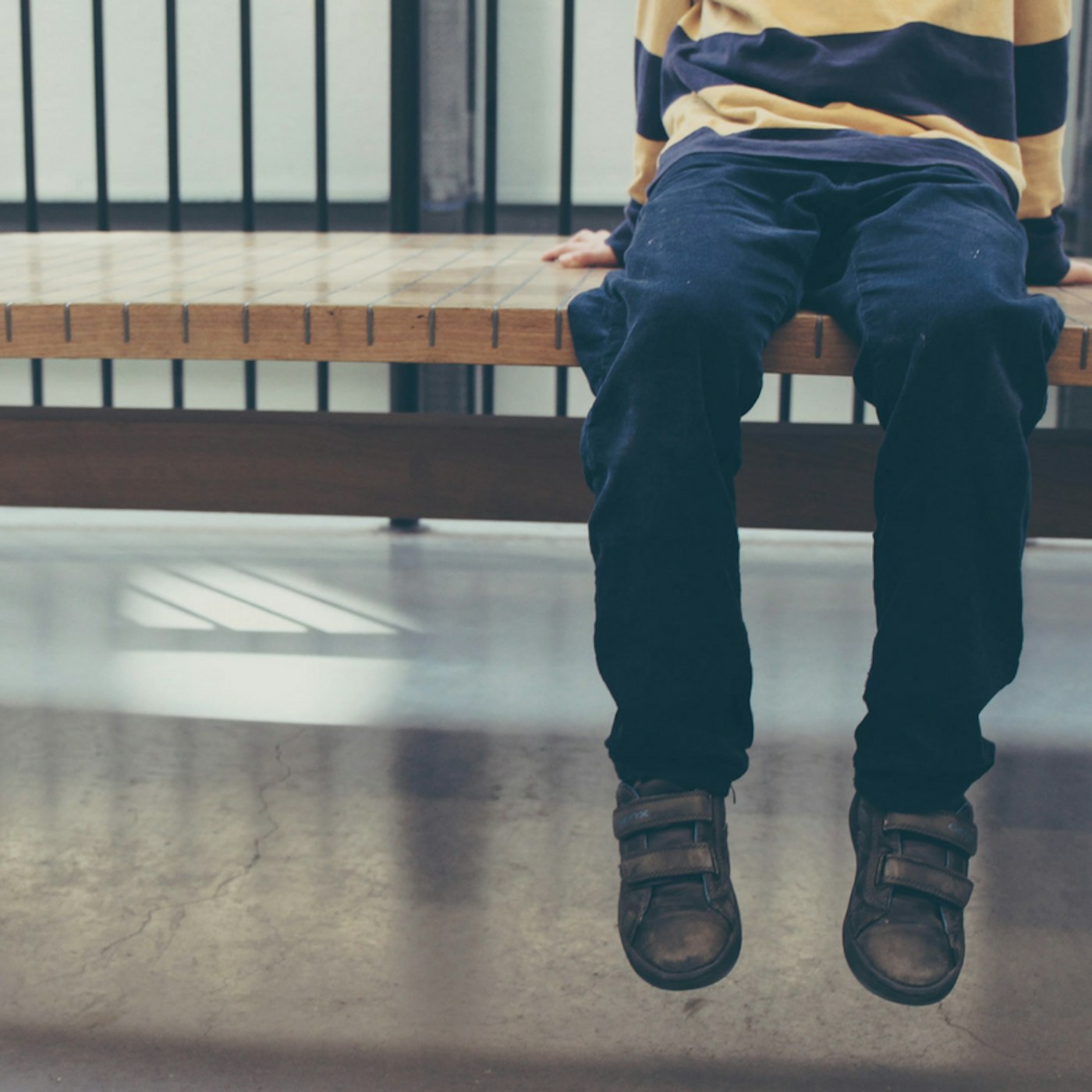Why Is Your Child Angry? – Tips on How to Manage Anger in Children
by Misbah Akhter in Relationships on 3rd February, 2021

One of my biggest stresses has always been managing anger in children; Their fighting pushes me to the brink of insanity sometimes. Recently though, it’s gotten much worse: they seem to have real anger issues. There is a newfound aggression which I can’t fathom, an almost defiant attitude towards staying angry no matter what. It’s affecting the atmosphere at home and so it’s time I found out once and for all: what makes kids so angry?
Janine Terry, self-proclaimed “shouty parent” turned parent coach from The Parent Fairy, was on hand to answer a few questions and give tips on managing anger in children.
Related
A Letter to Mothers: 7 Things to Teach Your Son
These Photographers Are Raising Awareness of Breastfeeding in Public
Meet the Hippie Muslim Mums Who Are Redefining What Parenting Means
I Am Not Determined by My Ability to Get Pregnant
What are the common reasons for children getting angry?
Anger is a natural emotional response when someone, regardless of their age, feels attacked, deceived, hurt, frustrated or treated unfairly. Holding in anger is not healthy, so it needs to be let out in appropriate ways. Even if the cause of our child’s anger doesn’t seem like a big deal to us, it’s a big deal in their world, and those big, scary feelings are very real for our child and difficult for them to handle and process alone.
Is anger in children a sign of bad parenting?
Not at all. Learning to manage emotions is a skill, just like learning to walk and talk, and children master these skills at their own pace. All children (and even us adults!) get angry sometimes, and that’s ok. We can teach our children that it is ok to get angry, but that we are there to help them to learn to manage their anger so that they can express it without saying or do things that can cause harm, and then help them to problem solve afterwards.
Can anger be a reflection of what is happening at home?
Children are better able to manage their emotions when their basic human needs are being met.We can make sure that we have created an environment for our children that makes them feel secure, by having clear, agreed rules, boundaries and routines, and role modelling the behaviours we want to see. A child’s anger doesn’t necessarily mean that there is a problem at home.
What are some tips to help children stay calm when they get angry?
1) We can remind ourselves to stay calm and that our child needs our help. If we react to our child’s anger with anger, we are simply adding fuel to the fire, whereas if our physical presence and our words are soothing, loving and accepting, they will not perceive us as the enemy and will, therefore, regain calm more quickly.
2) Don’t try to reason with an angry child; save that until they are calm. Instead, allow the tears to flow and just demonstrate empathy, by simply helping them put their feelings into words and letting them know that their feelings are ok.
3) Role model the behaviour we expect from our children. If we shout and say hurtful things when we are angry, we can’t be surprised when our children do the same. Deep breathing and counting to ten are some of the best-known ways to address the physiological symptoms that arise from anger, so we might choose to role model these, or we could teach our children to scrunch up paper, draw an angry picture, jump on a trampoline, do an angry stamping dance, or have a drink of water.
4) Once they are calm, we can talk about the issues that led to the anger with our child, and help them look at things rationally so that they can understand the reasons behind what happened, why they got angry, and what they can do to resolve it.
I’ve also, in my research found that anger in children can actually be a symptom of anxiety and not necessarily anger. So, next time your child has a meltdown or is acting out, follow these tips on managing anger in children and remember to hang in there!
Misbah Akhter
Misbah Akhtar is a mum to 4 beautiful children, one of whom is just a baby. Being a mum is tough, Mumspiration is her journey, of self-transformation into a happier, healthier and more positive Misbah. She wants other mums to take encouragement from her resolve and drive to change herself for the better. Her aim is to help others transform their lives and achieve their maximum potential through gratitude and positivity. She is following her dreams to make herself happy and wants to help you be happy too.